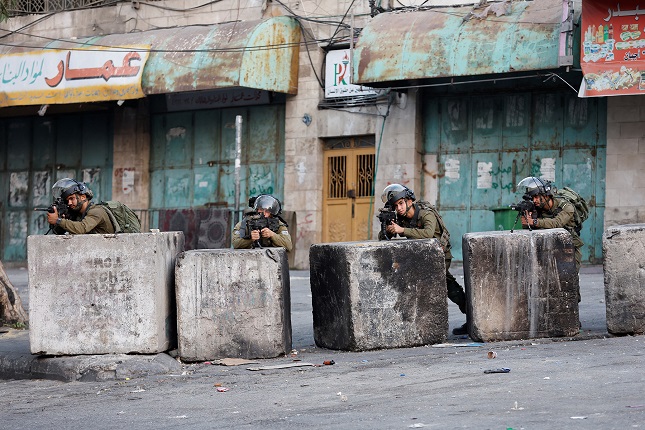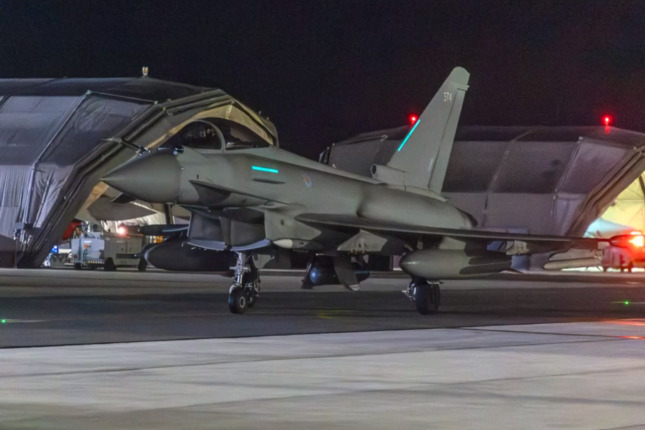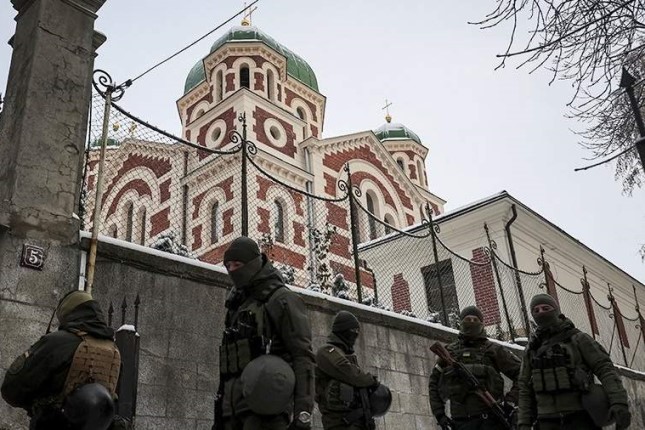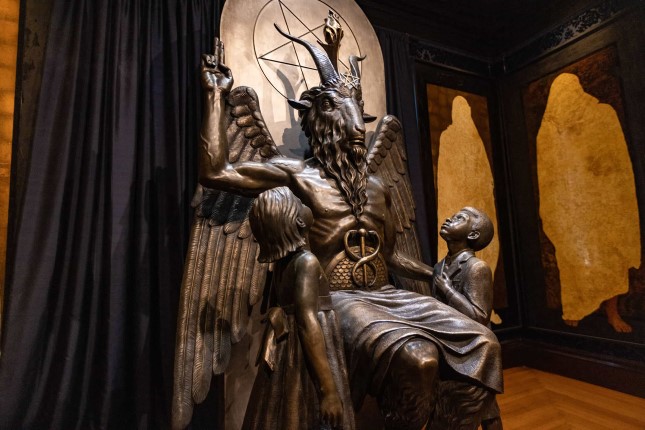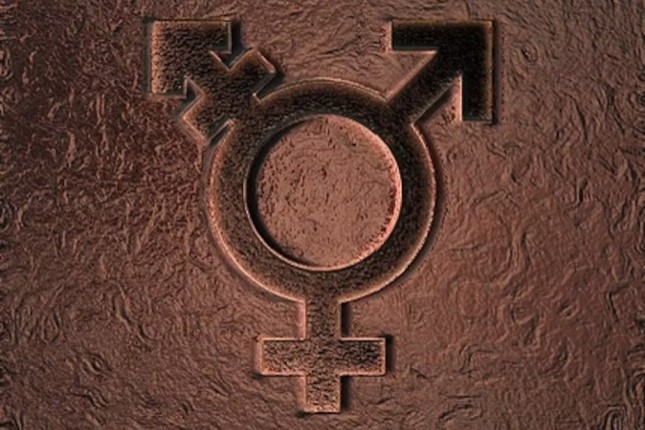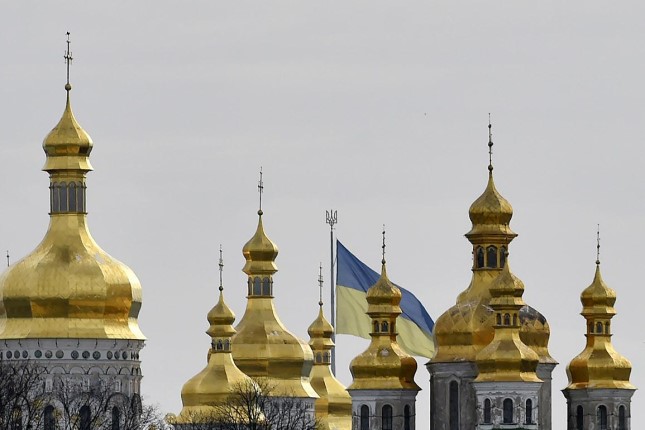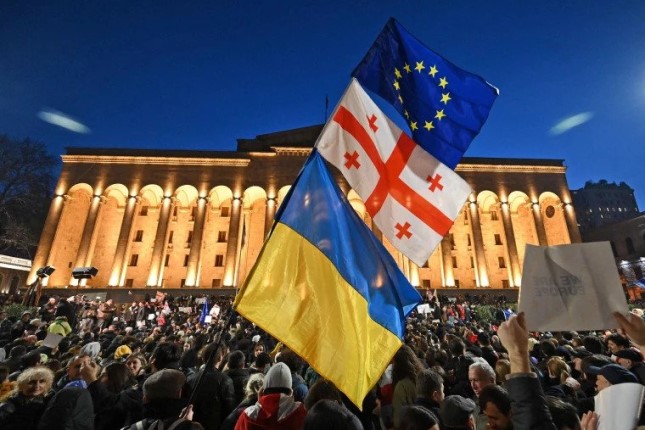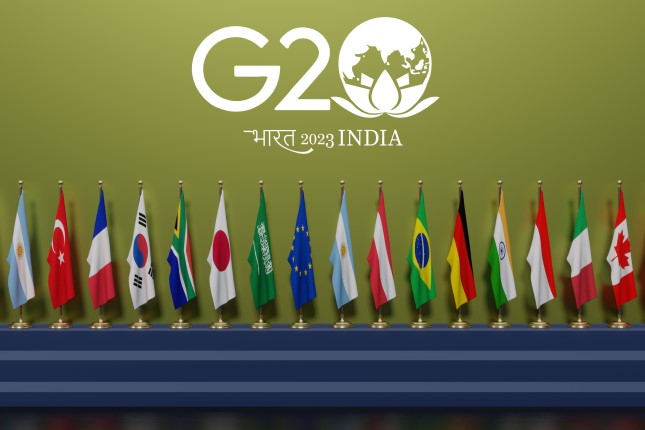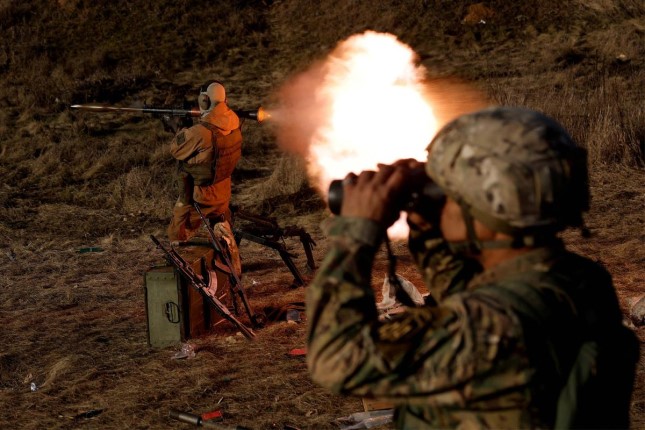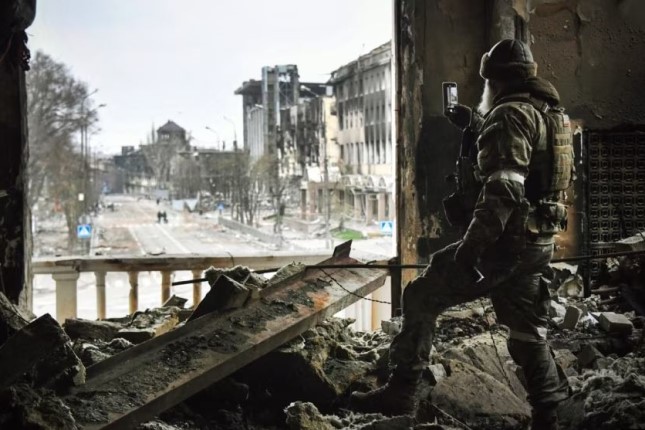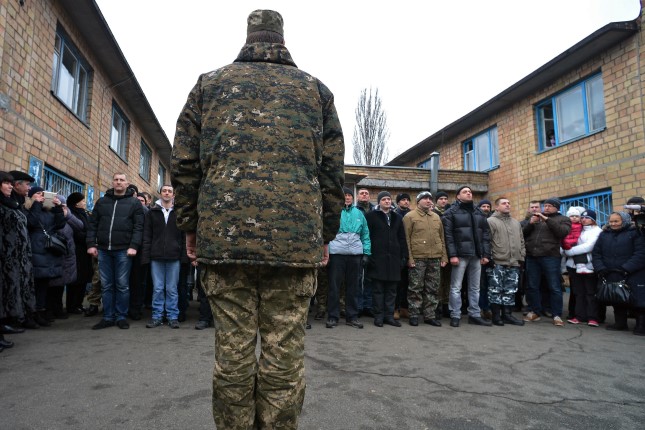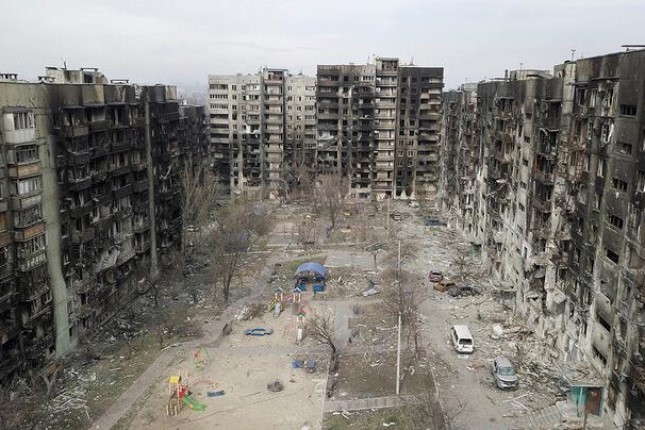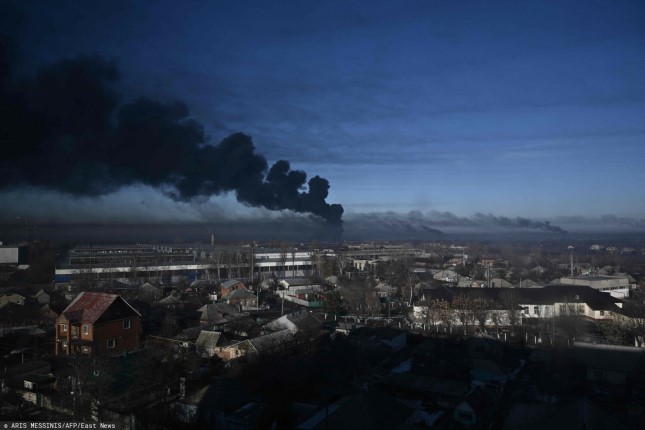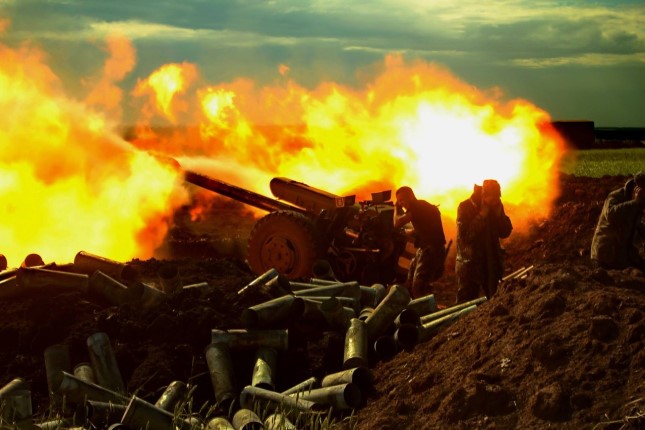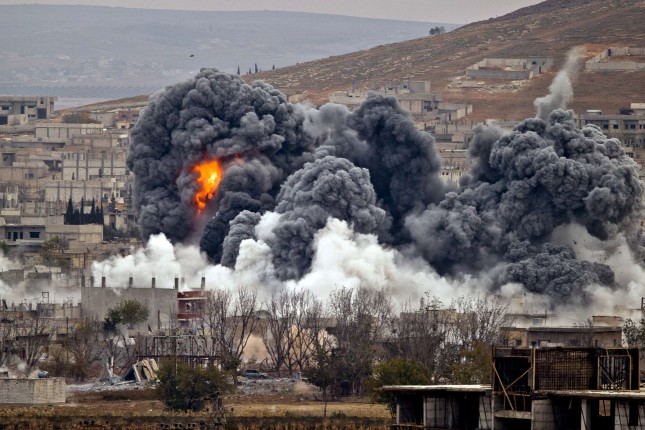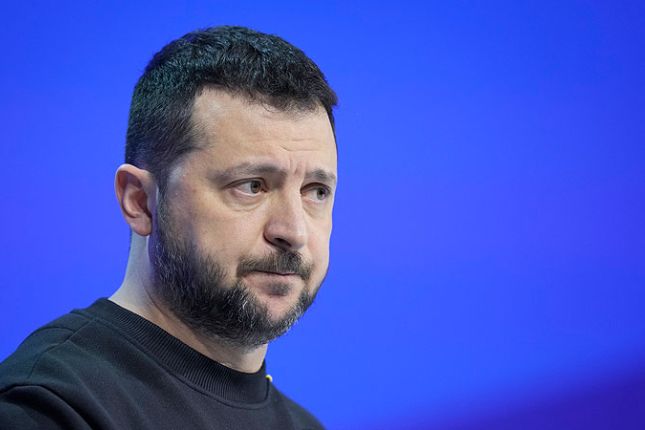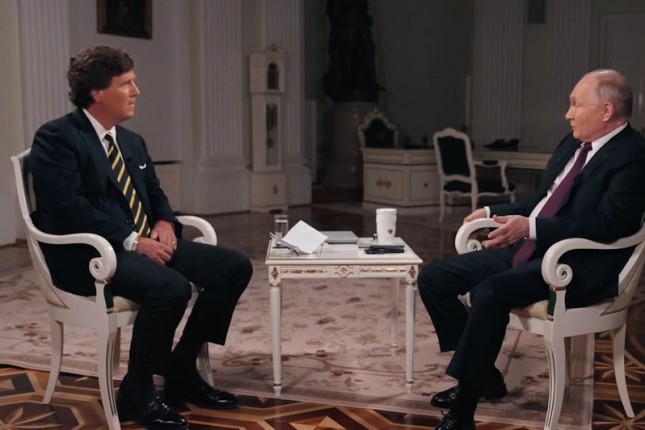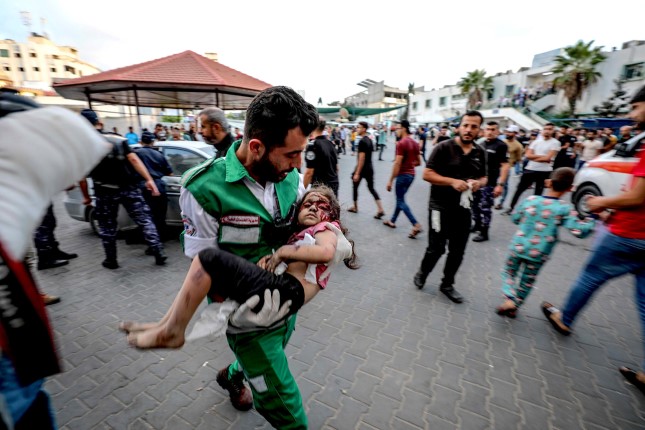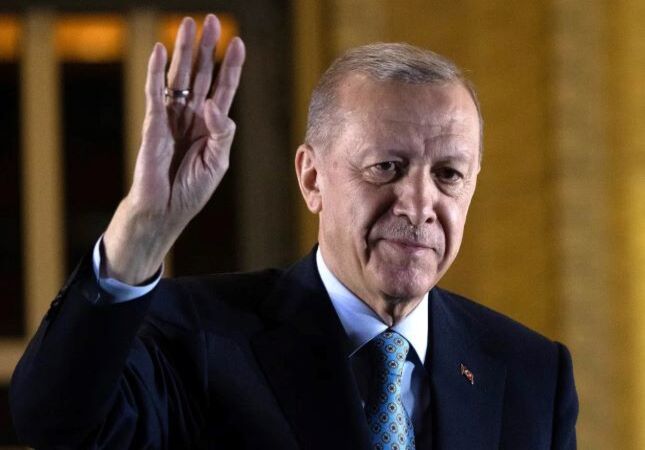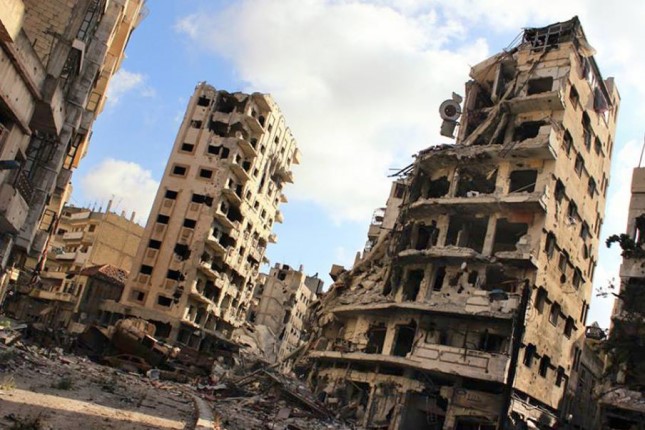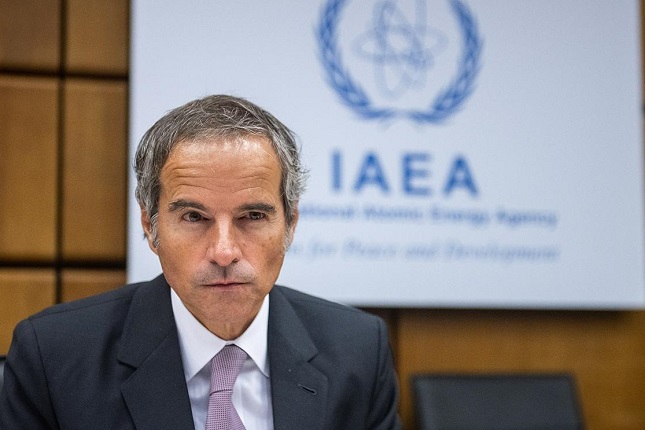The Israeli-Palestinian conflict has been simmering for decades and is not likely to end any time soon, if ever. The conflicting parties who find themselves trapped in the quandary of "a horrible end or endless horror" seem to always opt for the latter. The Jews and the Arabs both have a great many virtues, but, alas, striving for simplicity is not one of them. The formula "Everything is complicated" seems to best sum up the state of their relations. Accordingly, the most recent escalation of tensions has exposed each side's selfish motives and rationales.
Israel's latest military assault on the Gaza Strip – codenamed Operation Breaking Dawn – lasted three days in early August and killed 49 Palestinians, including 17 children. Four of the killed children were from the same family. They were hit by an Israeli missile that struck a cemetery, as confirmed by Tzahal, Israel's Defense Forces. The family has called for Israel to face charges at the International Criminal Court. There were no Israeli casualties in the flare-up: Israel's Iron Dome missile defence system intercepted all six hundred missiles fired from the Gaza Strip.
Neither Operation Breaking Dawn nor the actions of the Palestinian Islamic Jihad group that Israel claims to have provoked the strike mattered much militarily. What did matter for both sides was "not to win, but to take part".
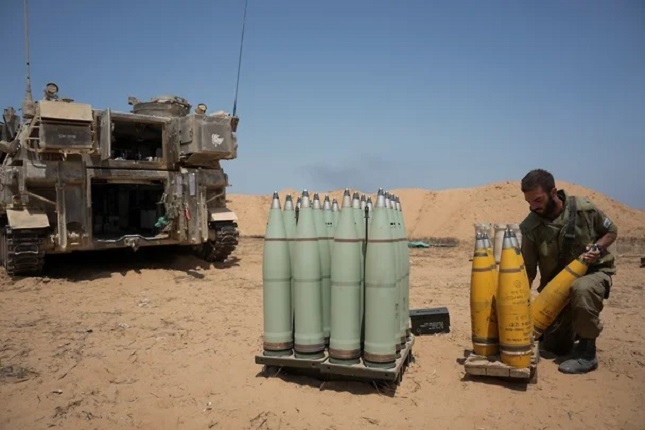
An Israeli soldier loads a tank shell at the Gaza border on August 6, 2022. Photo: Ariel Shalit / AP.
Israel has grown very involved in its election process over the past three years and does not seem to be able to restrain itself. Right now, the nation is bracing itself for its fifth election campaign. One does not have to be a political strategist to figure out that in a country in a permanent state of war with its neighbours, it is the politicians with a strong military track record who are particularly favoured by the electorate.
This is something many past Israeli prime ministers are known for. Take Ariel Sharon, for example. A subversive Zionist operative at first, he grew through the ranks to become a general commanding tank forces. Benjamin Netanyahu once served as a member of a special forces unit. By contrast, Yair Lapid, Israel's current prime minister, enjoyed a successful career as a journalist, an actor, and a Hollywood producer. A biography fitting someone worthy of setting up office in the White House, perhaps, but hardly impressive enough to hang on to his chair as Israel's prime minister, especially considering that Netanyahu and his party are well ahead in the polls. Lapid's background in showbiz might have prompted him to make his next clever move. Just as Wag the Dog's fictional spin doctor and his Hollywood producer hatched up a little virtual war to shield their president from a sex scandal, Lapid did something very similar with this recent assault on Gaza guided by his own campaign-driven reasons, many Israeli political pundits believe.
There is much hard evidence to support this theory, including an unconvincing and largely formulaic excuse for the attack: a preemptive response to a perceived threat. Or Israel's choice of opponent. Rather than target the mighty Hamas, Israel picked the relatively weak Islamic Jihad. And the strikes' objective: eliminate a terrorist threat within a confined area. While the risk was minimal, good press was guaranteed.
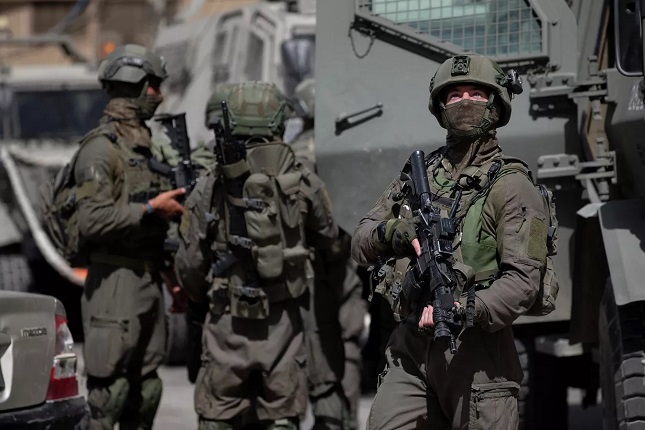
Israeli soldiers. Photo: AP / Majdi Mohammed.
Israel had provoked the group to start planning an attack by taking into custody one of its leaders, Bassam Al-Saadi. Tellingly, a video showing the elderly Palestinian being dragged by Israeli soldiers and bitten by a military dog during his arrest "accidentally" made its way online. The IDF then halted food and fuel deliveries to the Gaza Strip and blocked Palestinian entry to Israel via the Erez checkpoint. The Arabs responded by clashing with the IDF, and Islamic Jihad fired hundreds of missiles at Israel. Among other things, the hostilities that lasted for three days resulted in the killing of two of the group's military commanders, which the Israeli press hailed as an undeniable success.
This claim is, of course, a gross exaggeration. Having won on the media front, Lapid lost in real life. This becomes clear after examining the terms of the Egypt-brokered truce. Islamic Jihad demanded the release of Bassam Al-Saadi. It was able to wrest Israel's consent, even though Al-Saadi was one of the group's most prominent leaders. Without him around, the group's viability and survival were in question. With access to financial support in the form of Iran's funding, Al-Saadi was able to help Islamic Jihad build up a formidable military force in the northern Western Bank area.
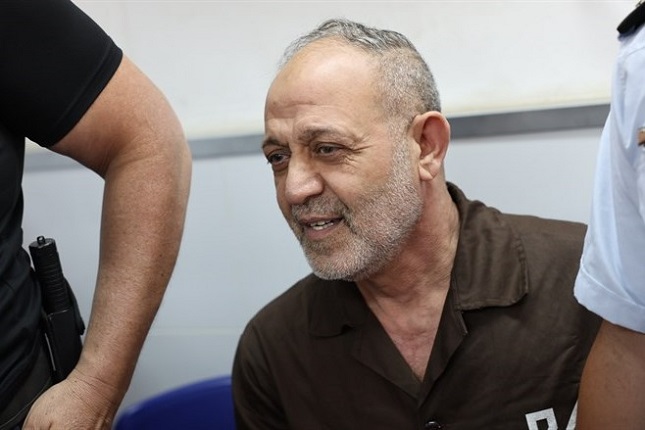
Bassam Al-Saadi. Photo: Yonatan Sindel / Flash90.
Tehran has been feeding Islamic Jihad and other Palestinian groups hundreds of millions of dollars with the condition that they keep Israel on its toes. Some observers suggest that Iran might be interested in the escalation around the Gaza Strip in a bid to draw the international community's attention to the region and strengthen its bargaining position in the negotiations over returning to the Iran nuclear deal and lifting the sanctions.
By contrast, Egypt-dependent Hamas would seem to have no vested interest in escalating the conflict. Cairo is mending its relations with Jerusalem, with Hamas, which has been in control of the Gaza Strip since 2007, put in charge of the enclave's population. It has to be cognisant that the area's weak economy won't allow it to afford protracted hostilities that a blockade imposed by Israel would inevitably compound.
Islamic Jihad is not constrained by such restrictions allowing it to act more assertively. This, in turn, has been undermining Hamas's credibility, which maintains a ceasefire with Israel. In other words, the duration of the truce will depend on Egypt-backed Hamas's ability to exert enough pressure on the Islamic Jihad group and its Iranian sponsors.
It will also depend on whether Israel's politicians would need to straighten up their image at some point. Just a few days ago, Israeli forces raided the offices of seven Palestine NGOs resulting in the closure of all seven. It would be safe to predict that such incidents will likely take place regularly until the November Knesset elections.
Main photo: Israeli army soldiers aim their weapons during clashes against Israeli strikes in Gaza, in Hebron in the Israeli-occupied West Bank August 5, 2022 © Reuters / Mussa Qawasma.
